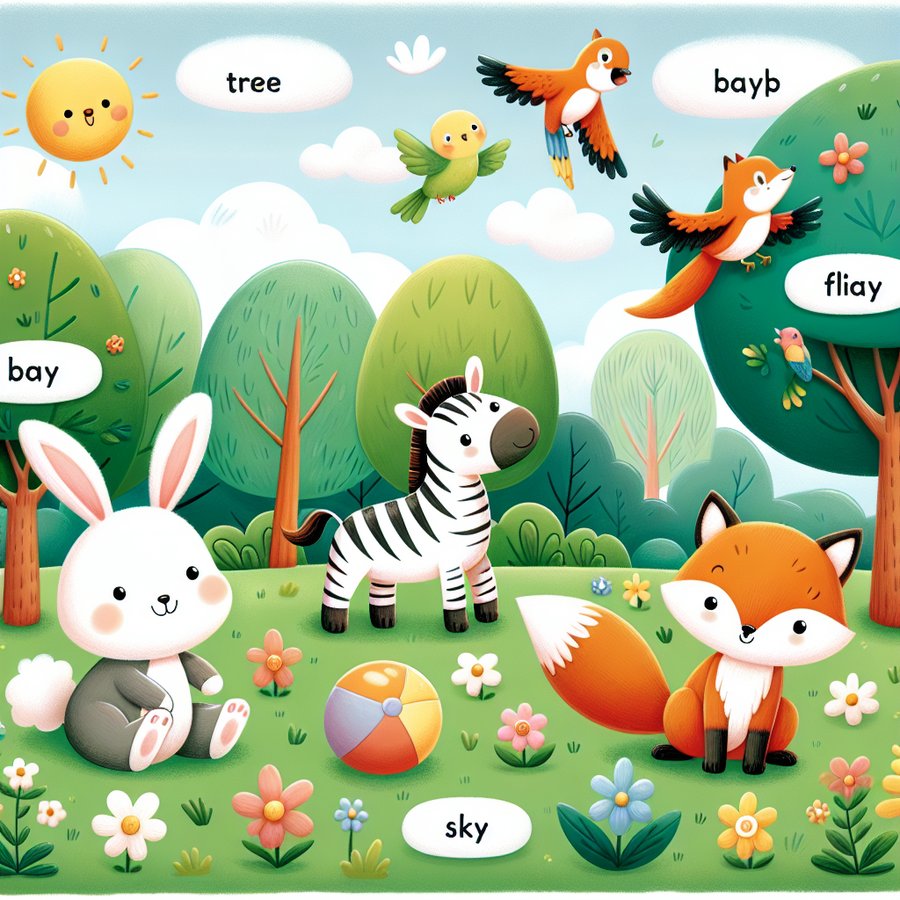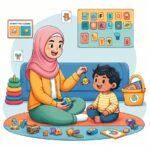The journey of parenting is filled with numerous milestones, each bringing its own blend of excitement and challenges. Among these, witnessing your baby’s first words is a monumental step that marks the beginning of a new chapter in your child’s development. This guide will explore the realm of first words, providing new parents with valuable insights into what to expect, how to encourage speech development, and the significance of these early utterances.
What are First Words?
First words are the initial instances of verbal communication expressed by infants, typically occurring between 10 to 15 months of age. These words are more than just sounds; they are the first significant steps towards language development and are a clear indicator of cognitive growth. While ‘mama’ and ‘dada’ are often celebrated as common first utterances, the range of first words can vary widely among infants, reflecting their environment and experiences.
According to research, the development of first words is a complex process influenced by several factors, including genetic predisposition, social interaction, and the child’s overall development. Engaging with your baby through reading, singing, and conversational turns can significantly impact their language acquisition skills. For more detailed information on speech milestones, parents can visit external resources such as the American Speech-Language-Hearing Association’s website.
How to Encourage Your Baby’s Speech Development
Encouraging your baby’s speech development is a proactive journey that involves direct interaction, patience, and a nurturing environment. By implementing simple yet effective strategies, parents can play a pivotal role in fostering their child’s communication skills.
One of the most effective ways to stimulate speech development is through daily reading sessions. Books with vibrant pictures and repetitive phrases can captivate your baby’s attention and introduce them to the rhythm of language. Additionally, narrating your day-to-day activities and describing objects around the house can enrich your baby’s vocabulary and comprehension skills. Including toys and activities that promote babbling and imitation, such as musical instruments and puppets, can also enhance their verbal abilities. For parents seeking more guidance on fostering language development, the link to Language Development offers a wealth of information and tips.
Understanding the Impact of First Words on Emotional and Social Development
The emergence of first words is not just a linguistic milestone; it’s a gateway to emotional and social development. As babies begin to communicate their needs, thoughts, and feelings through words, they develop a sense of autonomy and confidence. This newfound ability to express themselves fosters stronger bonds with caregivers and enhances their emotional well-being.
Moreover, the interactive nature of language acquisition promotes social skills. Through conversations, babies learn to take turns, listen, and respond, laying the groundwork for future interpersonal relationships. Recognizing and responding to your baby’s attempts at communication demonstrates your support and fosters a nurturing environment that encourages further linguistic exploration. For insights into nurturing your baby’s emotional connections, visiting Attachment can provide valuable information.
When to Seek Professional Advice
While each child develops at their own pace, there are certain benchmarks in speech and language development that can help parents gauge their child’s progress. If your baby is not using any words by 16 months, shows a lack of social interaction, or you have concerns about their hearing, it may be time to seek advice from a healthcare professional.
Early intervention can make a significant difference in addressing developmental delays or conditions that may be impacting your child’s ability to communicate. Healthcare providers can offer screenings, diagnostic services, and referrals to specialists such as speech-language pathologists if necessary. For parents who are noticing signs of delayed speech, the link to Delayed Speech provides further guidance and support.
In conclusion, first words are a remarkable milestone in your baby’s life, signaling the start of a journey into language, emotional expression, and social interaction. By understanding the significance of this development, providing a stimulating environment, and knowing when to seek professional advice, parents can support their child’s growth in meaningful ways. Remember, every baby is unique, and their journey to language will be as individual as they are. Cherish these early moments of communication, for they lay the foundation for a lifetime of learning and connection.
For more information on related topics, exploring our internal link library can offer extensive insights into various aspects of your baby’s health and development, such as Expressive Language, Hearing Tests, and Autism.













